From Forests to Fortune: R$105.4B Investment to Boost Brazil’s Cellulose Industry
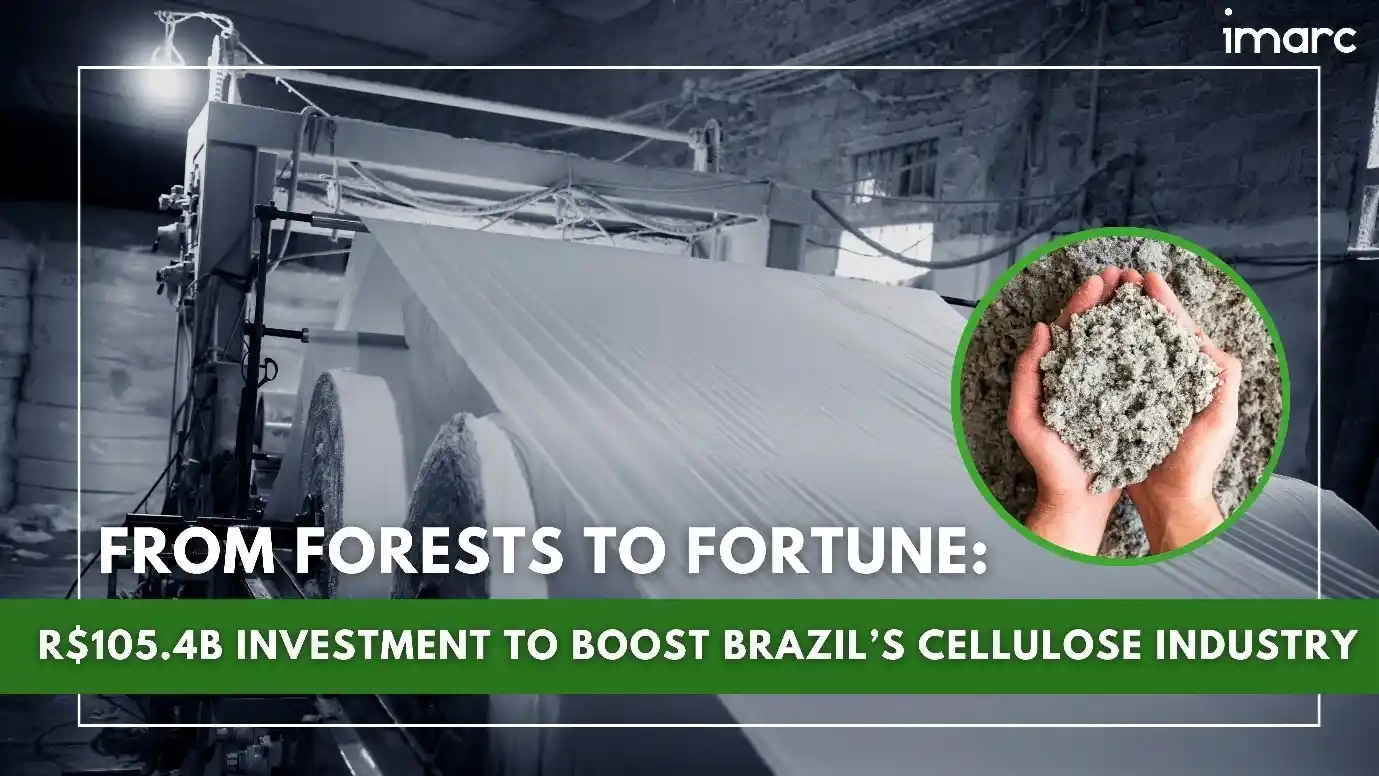
Brazil is renowned across the world for its enormous rainforests and agricultural resources. Over the recent years, the country has emerged as a major player in the global cellulose industry. As per IMARC estimates, the cellulose fiber market in Brazil was valued at US$ 740.4 Million in 2023. By 2032, the market is projected to reach US$ 1,379.9 Million, growing at a CAGR of 7.0% from 2024 till 2032. Strategic investments in the industry, along with favorable environmental conditions, are guiding a cellulose revolution in Brazil, which is likely to have profound implications for both regional and international markets.
Brazil is a significant producer and exporter of cellulose. The country ranks second across the globe in terms of cellulose production and is the largest producer of short-fiber pulp. The crop rotation time in the country is shorter as eucalyptus (short fiber), which is the prime source of fiber in Brazil, reaches the ideal cutting age faster, i.e., seven years on an average. On the contrary, pine (long fiber) takes an average of 15 to 20 years to be mature for cutting. These factors significantly contribute to the country’s higher cellulose productivity, favoring lower production costs.
The forest-based industries in Brazil, which encompass producers of wood panels, pulp, and paper, have planned to invest over R$105.4 Billion (~USD 18.9 Billion) in the country by 2028. According to the Brazilian Tree Industry (Ibá), the funds will be allotted for the expansion of existing operations, construction of new factories, and infrastructure projects for facilitating optimum production flow. This massive influx of capital is projected to transform the industry by 2028, positioning Brazil as a world leader in the production of cellulose and paper products.
Billion-dollar Venture – A Breakup of Key Investments by Companies:
- In July 2024, Suzano, the world's largest pulp producer, launched its new mill in Ribas do Rio Pardo, Brazil, the largest single pulp production line globally. This facility, part of a R$ 22.2 Billion (~US$ 4.0 Billion) investment, will produce 2.55 Million Tons of eucalyptus pulp annually, boosting Suzano's total capacity to 13.5 Million Tons.
- In April 2024, Chile's Arauco announced plans to spend over R$ 25 Billion (~US$ 4.5 Billion) to construct its first cellulose plant in Brazil in 2028. The unit is also planned to have an initial production of 2.5 Million Tons per year and double the production capacity by 2032. The project also aims to generate about 400MW of clean energy, which will confirm its energy self-sufficiency.
- In April 2024, CMPC, a Chilean company, planned to invest R$ 25 Billion (~US$ 4.5 Billion) for the construction of an industrial plant and a terminal on port in Rio Grande do Sul state. The plant is proposed to produce over 2.5 Million Tons per year of bleached eucalyptus-based cellulose. This can be utilized to produce different types of paper, packaging material, and hygiene products. It is also used in the food, medicine, and cosmetics sectors.
- In April 2024, Eldorado Brasil Celulose, a manufacturer of pulp and paper products, announced plans to invest R$ 25 Billion (~US$ 4.5 Billion) to build a new pulp mill in Três Lagoas, Mato Grosso do Sul, Brazil. The new mill will increase Eldorado's annual pulp production from 1.8 Million to 4.4 Million Tons. Eldorado also plans to build a 90-kilometer railroad between Três Lagoas and Aparecida do Taboado.
- In April 2024, Klabin, Brazil's largest producer of packaging paper, launched its new Figueira Project in Piracicaba, São Paulo. This facility, with an annual production capacity of 240,000 Tons of corrugated board packaging, represents an investment of R$ 1.6 Billion (~US$ 200 Million). It is expected to produce 70,000 Tons in its first year, with full capacity anticipated by 2026.
- In December 2023, Bracell, a global leader in dissolving cellulose production, announced an investment of R$ 5 Billion (~US$ 900 Million) in Lençóis Paulista, Brazil, which includes R$ 2.5 Billion (~US$ 450 Million) dedicated to constructing the largest tissue mill in Latin America. The new facility, expected to begin operations in 2024, will feature four production machines capable of producing 240,000 Tons of toilet paper and paper towels annually.
- Additionally, Bracell's acquisition of OL Papéis Ltda. aims to strengthen its position in the tissue market, particularly in Brazil's Northeast region. This investment follows over R$ 15 Billion (~US$ 2.7 Billion) spent on pulp operations in the last four years.
How is Brazil Weaving Its Way into Cellulose Market Leadership?
Brazil is one of the leaders in the cellulose industry for several reasons, including:
- Competitive Production and Export Power: Brazil is the world’s second-largest cellulose producer after the United States. A key factor in this leadership is Brazil’s robust export network, supplying cellulose to major markets such as China, Italy, the broader European Union, and the United States. This extensive export reach solidifies Brazil’s position as a key supplier in the global market.
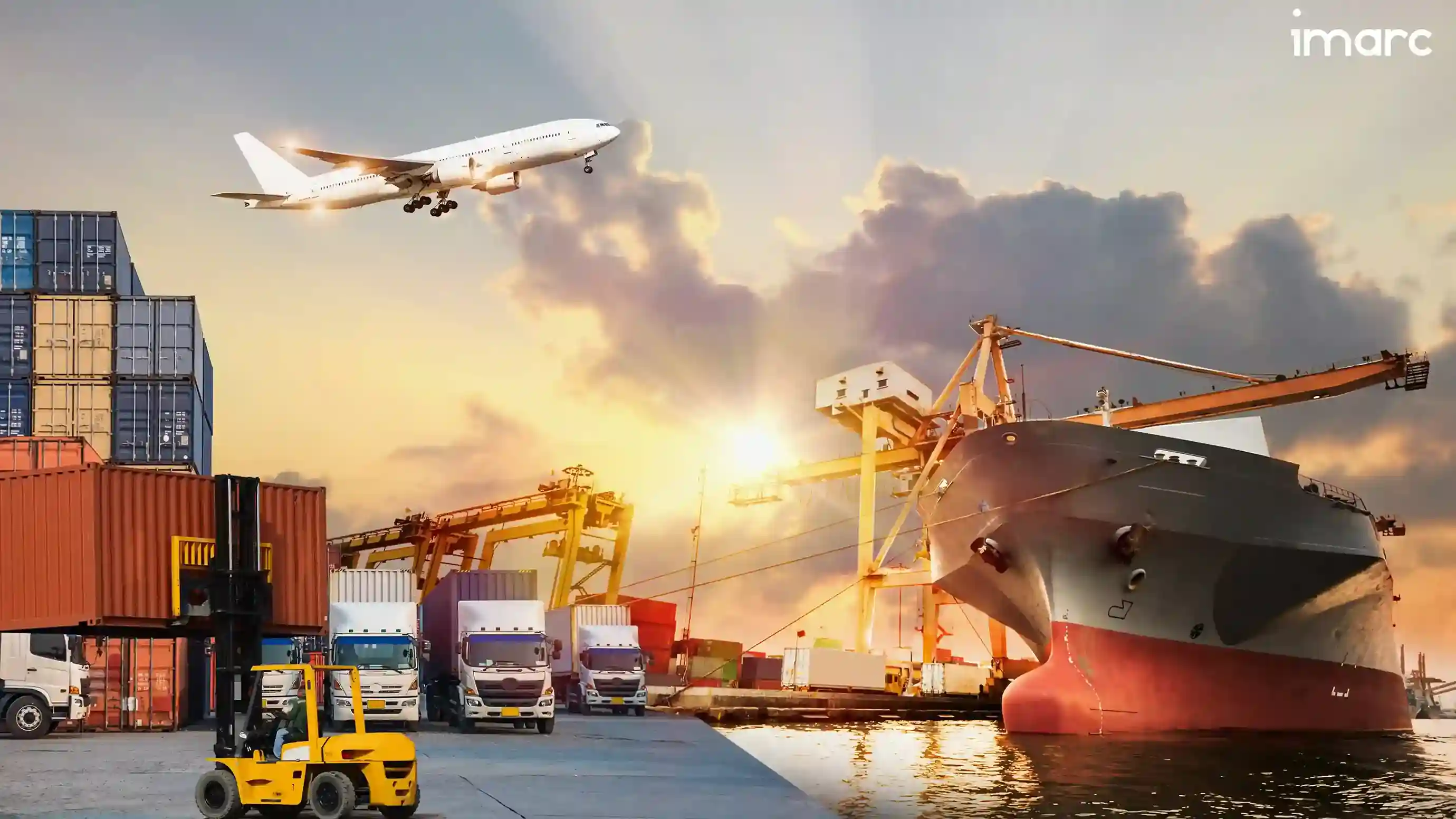
- Low-Cost Pulp Production: The country boasts the lowest production costs globally, a crucial factor in maintaining its competitiveness and enabling producers in Brazil to offer competitive prices to international buyers.
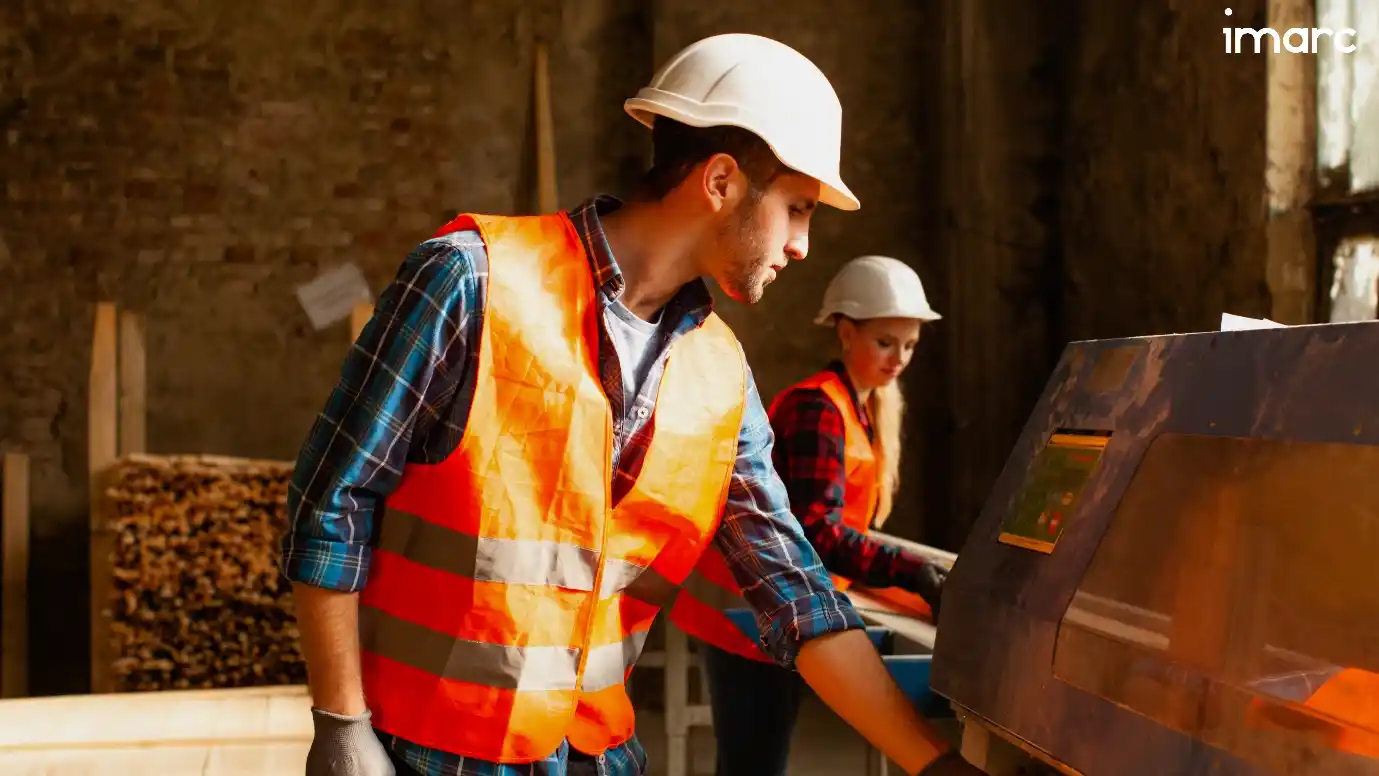
- Renewable Electricity Generation: Through innovative practices such as generating renewable electricity onsite from bleach and black liquor during the production process, the industry powers its own operations.
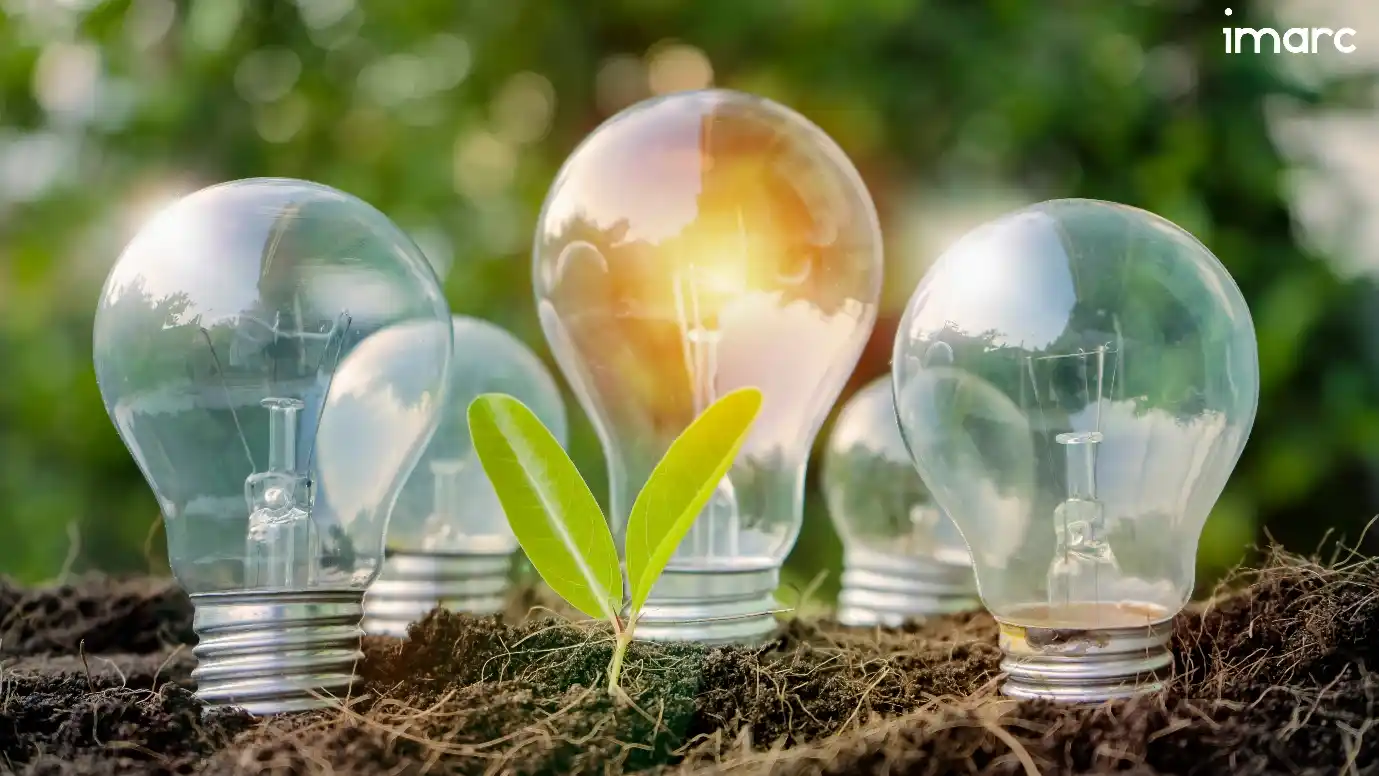
- Commitment to Sustainable Forestry: Brazil’s dedication to environmental stewardship is evident through its adoption of progressive forestry legislation, such as The Forest Code, The Amazon Forest Code, and The Environmental Crimes Act. These laws promote afforestation and sustainable tree plantation practices, ensuring that Brazil’s cellulose industry remains both eco-friendly and economically viable.
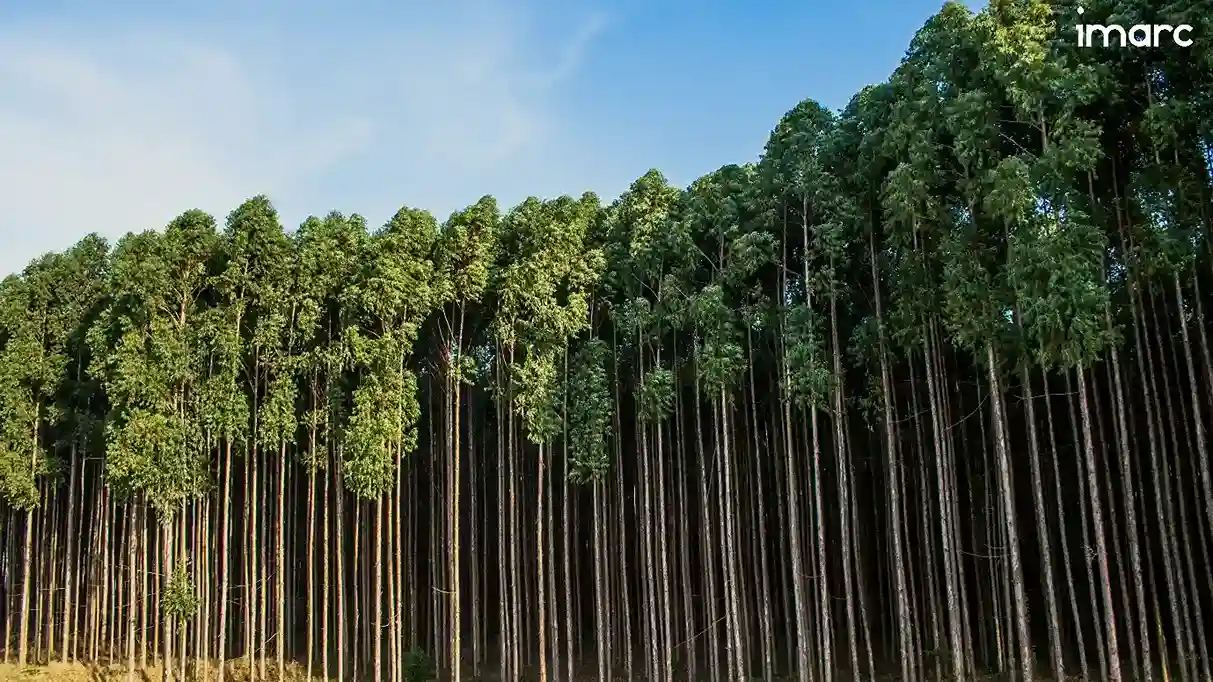
Companies Eyeing Brazil as a Key Investment Destination
Brazil’s strategic investments in the cellulose industry are propelling the country toward global leadership in pulp production. These efforts have laid the foundation for a transformative period in the sector, positioning Brazil as a vital hub for cellulose production. As a result, the nation is drawing considerable international business interest. Several key factors make Brazil an increasingly attractive destination for companies looking to invest in the cellulose market:
- Abundant Natural Resources: Brazil's expansive forestlands and favorable climate are conducive for growing high-yield tree species like eucalyptus, providing a steady supply of raw materials.
- Cost Competitiveness: Renewable energy sources, economical operations, and supportive government initiatives contribute to lower cost of production in Brazil compared to other countries.
- Strategic Location: Brazil's proximity to key markets in Latin America, Europe, and Asia offers easy access to consumers.
How IMARC Can Help Your Business Capitalize on This Opportunity?
IMARC has a wide-ranging suite of services to support businesses looking to leverage Brazil’s burgeoning industry. Our proficient analysts provide businesses with in-depth market research, including competitive analysis, industry trends, and consumer behavior study, for gaining a thorough understanding of the market dynamics and identification of potential opportunities. We conduct comprehensive feasibility studies to assess the risks and profitability associated with your investments in the industry.
We help develop personalized market entry strategies, including target market identification, selection of distribution channels, and managing regional operations. Further, we can help your business align with the regional laws and regulations and gain a clear picture of the intricate regulatory landscape of Brazil. By partnering with IMARC, businesses can attain a competitive edge and devise profitable strategies to capitalize on the remarkable growth potential of the industry.
Our Clients
Contact Us
Have a question or need assistance?
Please complete the form with your inquiry or reach out to us at
Phone Number
+91-120-433-0800+1-201-971-6302
+44-753-714-6104










